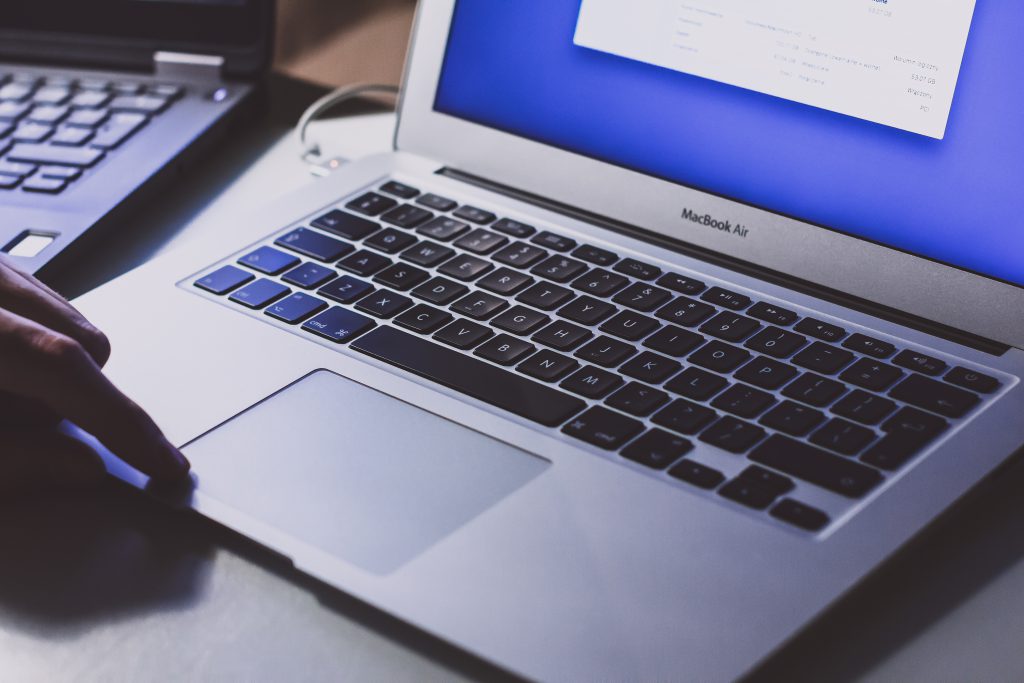Are you exposed to cyber crime and can you safeguard yourself online? Numerous users don’t scrutinize websites on which they find info. There are frequently signs that sites you visit can be malicious and engineered to trick users to establish an account and download malware from them.
Keep your anti-virus approximately date. Use the most safe and secure Internet web browser– Google Chrome or Microsoft Edge are the two finest choices. Scan files with your anti-virus software application prior to downloading. Don’t re-use passwords for multiple websites. Switch on your internet browser’s appear blocker.
 Cookies are files downloaded to your web browser by a site which contain special identifier data about the website. They don’t consist of any individual info or software law. When a website “sees” the information it embeded in a cookie, it knows the internet browser is one that has called it previously.
Cookies are files downloaded to your web browser by a site which contain special identifier data about the website. They don’t consist of any individual info or software law. When a website “sees” the information it embeded in a cookie, it knows the internet browser is one that has called it previously.
Are You Good At Online Privacy Using Fake ID? This Is A Fast Quiz To Find Out
They can be beneficial for things like keeping your login info for a site so you do not need to enter it once again. Cookies can also be used to track your activities and capture your purchasing routines and after that be shown unwanted 3rd parties associated with the site.
Set your web browser to delete cookies every time you complete browsing or set “opt out” cookies on your browser to cookies aren’t permitted at all in your browser.
The COPPA Act particularly specifies that IP addresses are personal details because they are details about an identifiable individual related to them. An Internet Protocol (IP) address is a numerical label behind the familiar web addresses we see every day. It identifies a device online. Hacker typically come through IP addresses as their very first point of attack. Website registration is an annoyance to many people. That’s not the worst thing about it. You’re essentially increasing the risk of having your details stolen. However, sometimes it might be essential to register on sites with make-believe identity or you might wish to think about yourfakeidforroblox.!
Undesirable parties might trace your PI by looking up your site address if it is noted in WHOIS, the central database consisting of all web addresses on the internet. Ownership information is readily available here.
Fighting For Online Privacy Using Fake ID: The Samurai Way
If you set up a site, you can request a personal WHOIS listing from the database supervisor, Network Solutions. Their name, address and other ownership information will appear instead of yours.
When working on your personal computer system, you can use a Virtual Private Network (VPN) tool. After that point, your IP address is encrypted and goes through the VPN supplier to the web.
Staff members or customers at house have leased IP addresses with their cable modem and ISP accounts. Your IP won’t change until you turn off your modem.
Personal information flowing between a user’s device and a website using plain HTTP procedure can be kept an eye on by other business or possibly intercepted and stolen by harmful hackers (often called the “man-in-the-middle”). That’s where Secure Sockets Layer( SSL) is available in.
HTTPS or Secure Sockets Layer (SSL) encrypts information sent between a website and a user’s machine. When acquiring or getting in personal info on websites, always look for an “https://” or a padlock icon in your browser’s URL bar to confirm that a site is protected before going into any personal details. You’ll understand it is a secure site when you see HTTPS instead of HTTP in your internet browser’s address bar!
Consider carrying out SSL on your web server to ensure data privacy in between you and customers if you’re hosting a site. It will also assist mitigate direct hacking dangers. You will need to discover a digital certificate authority (CA) such as Verisign to assist set it up.
Cloud computing is the latest and biggest technological wave that raises new concerns for data privacy. When you offer up administrative and technological controls to an outdoors party, this is specifically real. That in of itself is a significant risk.
A cloud provider may lack backup procedures, security practices, staff member controls, application user interfaces & APIs to name just a couple of. Plus, you never ever know who has the “keys of the kingdom” to view all your data therein. Both you and the cloud company supervise of security, not just the latter. If you are keeping information in cloud storage or utilizing a cloud platform to host a website, there are a couple of things you want to think about:
Teach somebody in the use of provider-provided identity and access tools so you can manage yourself who has access to applications and data. Guarantee the company has all your information that is kept with them secured since every major cloud companies all use logging tools.
A combination of government regulations and accountable specific practices can just prevent potential cyber hazards not eliminate them. Your compliance & legal location can do its part by executing detailed danger analysis and action measures.
We frequently hear that the future will be mainly digital. But the future of digital should be human-centred. That ambition is shown in your style– building a “Resilient Internet for a shared, sustainable, and typical future”.
It is likewise the inspiration behind the proposed Global Digital Compact on an open, complimentary, inclusive and protected digital future for all. Developers are going for this Compact to be concurred by Governments at the 2024 Summit of the Future– with input from technology business, civil society, academic community and others.
The Compact– strongly anchored in human rights– intends to deliver in 3 areas. Initially, universal connection– closing the digital divide and reaching the 4 billion people who are offline, most of whom live in the Global South.
Second, a safe, safe and secure, human-centred digital space begins with the defense of free speech, freedom of expression and the right to online autonomy and privacy. It does not end there. Federal governments, tech business and social media platforms have a duty to prevent online bullying and fatal disinformation that undermines democracy, human rights and science.
Third, the Digital Compact need to concentrate on ways in which Governments– dealing with technology business and others– can foster the accountable and safe use of information. We are seeing the growing use and abuse of information. Our information is being utilized to shape and control our understandings, without our ever understanding it. Federal governments can make use of that data to manage the behaviour of their own people, breaching human rights of groups or individuals.
 We require to keep working for a safe, open and fair digital future that does not infringe on privacy or self-respect. We all need to prompt the Internet Governance Forums and its Leadership Panel to help carry all of these concerns forward– bringing together Governments, the private sector, civil society and more, through concrete actions for a safe, sustainable and inclusive digital future.
We require to keep working for a safe, open and fair digital future that does not infringe on privacy or self-respect. We all need to prompt the Internet Governance Forums and its Leadership Panel to help carry all of these concerns forward– bringing together Governments, the private sector, civil society and more, through concrete actions for a safe, sustainable and inclusive digital future.